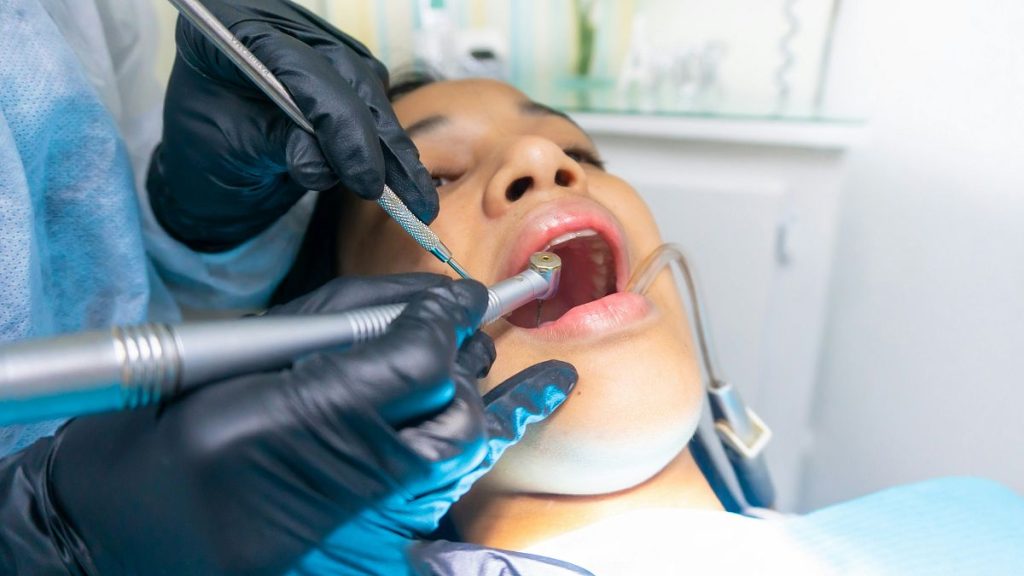The trend of seeking dental treatment abroad, specifically in Turkey, for affordable cosmetic procedures has been on the rise among patients from the UK, Ireland, and other European countries. This growing trend has been termed as ‘Turkey teeth’. While the initial cost savings may seem attractive, there are significant risks involved that could lead to long-term dental problems. Dr. Alex Foo from Aria Dental warns patients to be cautious as some Turkish dentists may use aggressive treatment techniques, such as over-drilling, which can cause damage to the teeth and nerves. Patients often return home with issues like loose or failed crowns or bridges, requiring urgent attention that can be challenging to obtain from local dentists due to legal risks.
Many Turkish dental clinics offer alluring packages that include cheap flights, hotel stays, and dental treatments at a fraction of the cost compared to the UK and other European countries. However, patients should exercise caution as the seemingly good deal may end up costing much more in the long run. Dr. Foo highlights the potential risks associated with dental work in Turkey, such as substandard materials leading to the failure of crowns or bridges. Additionally, the lack of follow-up care once back home can leave patients stranded with subpar dental work, requiring further repairs or replacements that may outweigh the initial cost savings.
Patients who undergo dental procedures abroad often face challenges with obtaining follow-up care once they return home. Local dentists may be reluctant to repair or replace dental work done overseas due to legal risks, leaving patients with the consequences of substandard treatments. Dr. Foo emphasizes that while the upfront costs in Turkey may appear cheaper, the long-term costs of repairs, replacements, and potential complications can far exceed any initial financial benefit. In severe cases, patients may even require dentures due to the damage caused by poorly executed dental procedures, emphasizing the importance of considering the quality of care when seeking treatment abroad.
Despite the allure of cost savings, Dr. Alex Foo advises patients considering dental treatment abroad to carefully assess the risks involved and the quality of care they may receive. He cautions that the risks of poor workmanship, complications, and lack of follow-up care outweigh any short-term financial benefits. It is recommended for individuals to consult with reputable local dentists to explore safer and more reliable options for their dental treatment needs. Ultimately, the decision to pursue dental treatment abroad should be well thought out, taking into consideration the potential long-term consequences of substandard care and the challenges of obtaining follow-up care once back home.
In conclusion, the trend of seeking dental treatment abroad, particularly in Turkey, for cost savings has gained popularity among patients from the UK, Ireland, and Europe. However, the risks of poor workmanship, complications, and the challenges of obtaining follow-up care post-treatment highlight the potential pitfalls of opting for ‘Turkey teeth’. Dr. Alex Foo stresses the importance of considering the quality of care and weighing the risks involved before making a decision. While the initial savings may seem appealing, the long-term costs of repairs, replacements, and potential complications can outweigh any financial benefits. Patients are encouraged to consult with reputable local dentists to explore safer and more reliable options for their dental needs, ensuring they receive quality care and avoid the risks associated with dental treatment abroad.









